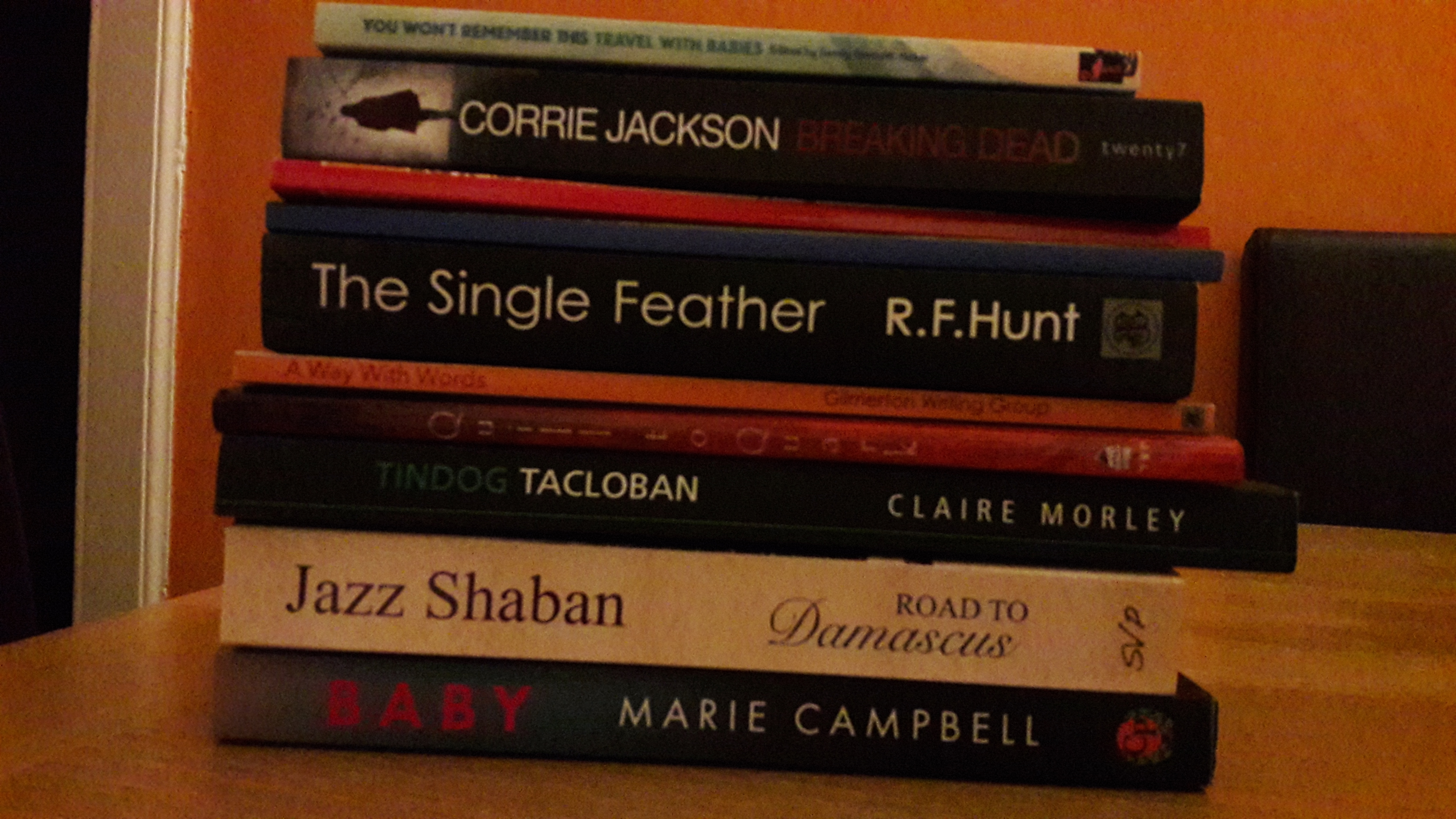The writing world seems largely split into two: those who love editing and those who would rather have teeth removed. I’m firmly in the former camp.
Nothing strikes fear into my soul like the perennial author interview question: where do you get your ideas? The thing is I hardly ever have any; blood from a stone doesn’t even go near it. Yet, I have students who come to class recounting five cracking ideas developed on the bus into town, and still had time to write their shopping list into a witty haiku.
My favourite place to be is when I have a full draft. It doesn’t matter how rough it is. I’m happy to delete swathes of it, change the structure, create a new plot line… I’m a killer; my darlings can go.
Getting there is tough, because on those rare occasions when I do have an idea, by inclination I’d like to perfect each chapter/page/paragraph as I write. But therein lies madness, or at least a lot of incomplete stories. I’ve taught myself (mostly) to push on and not look back.
One of the best ways I heard the first draft described (and my apologies I’ve forgotten the source) is something along the lines of it being like digging out a whole pile of sand – and then the castles come with the editing.
Not that editing is easy either. It’s a bit of a forensic jigsaw puzzle, and it’s far, far easier to edit someone else’s work than your own. Gazing on your personal masterpiece is being unable to see the clichéd wood for the trees. But buying in an editor is expensive, and I’m frequently asked what a writer can do for themselves first (if not instead of):
- Put your work away for a short while and come back to it later on with fresh eyes.
- Read it aloud or read it backwards (last page to first rather than line by line!) or put it on a Kindle or print it out – just look at it in a different way
- Beg, borrow or make a checklist of common errors and work through it to get rid of the obvious mistakes
- Work with a beta reader or three
- Barter with an editor – maybe you can offer something non-financial in return.
With my editing hat on, I work with people at all stages of the process: developing an early draft or ‘stuck’ novel, doing a line by line edit of a finished version, weekly mentoring as an author is writing… it’s a flexible and bespoke list.
The most important part of my work is being on the same wavelength as an author. I need to see their vision, be aware of what they want to achieve. When I comment and critique, it’s never about what I would write or how I would do it: it’s guidance rather than telling and that means there’s a lot of questions – and the writer always finds the answer!
What are the frequent but less obvious ‘error’s I see? Watch out for:
- Over-used words. I’ve come across multiple uses of things as random as: sodium, God, thick, elicit. These can really stick out to a reader!
- Missed names. The time when you change a character’s name – but miss one correction.
- Weather. How many novels or stories or chapters start with the weather?
- Imbalances. Sometimes, it’s really clear that an author likes writing one particular series of scenes or character POVs and they are far more developed and detailed than other equally important aspects.
I always fall in love with the books I help edit (see some of the recent ones in the pic!) and I suppose I’m a cross between a cheer leader and a pushy parent, but the credit is all due to the talent, perseverance and voice of the author who had that idea and filled that blank page.
Anne x


